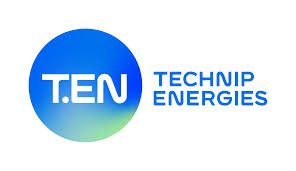E-Fuels and How the Industry Uses Them
Nearly every week, companies and initiatives announce advancements in e-fuel technologies, while experts from traditional energy are transitioning to roles as e-fuel specialists. At the E-Fuels Summit 2026, the industry leaders will showcase the latest applications of e-fuels in transportation and heavy industries to reduce carbon emissions. Organizations are improving production processes and scaling sustainable fuel alternatives. Major companies are also exploring how e-fuels can integrate with existing infrastructure.
Energy providers emphasize the most important applications of e-fuels in the energy sector, including powering aviation, decarbonizing maritime transport, and providing sustainable solutions for heavy industries such as cement production. Experts note that adopting e-fuels can significantly reduce greenhouse gas emissions. At the same time, others are developing new methods for producing green hydrogen and capturing carbon to synthesize e-fuels. Innovators in the field are running experiments, building pilot plants, and pursuing large-scale production with proprietary technologies.
E-Fuels Transform Energy Production
E-fuels, including synthetic methane and sustainable aviation fuels, are positioned to transform the future of energy production. The industry is supported by innovative fuel alternatives. For several years, companies have been developing carbon capture and utilization technologies. The next milestone is combining green hydrogen with captured CO2 to enable large-scale production of e-fuels.
Along with other challenges, the industry must address obstacles related to economic viability and scalability. Experts remain confident that many areas of energy and transportation can be powered by e-fuels. The main hurdles involve lowering costs, adapting infrastructure, and gaining regulatory support.
While e-fuels represent a major advancement, traditional renewable energy sources continue to dominate the energy landscape. Many decarbonization goals can still be met through established renewable technologies. Topics such as energy storage and grid optimization remain important areas of focus in the field.














